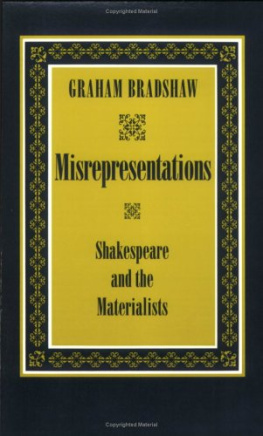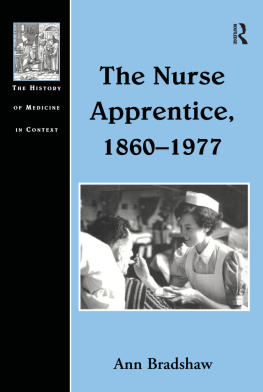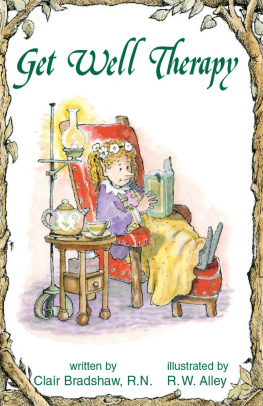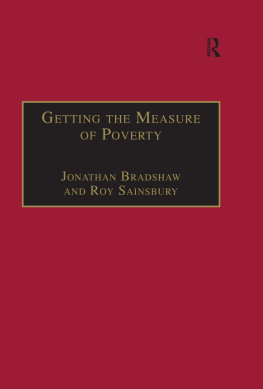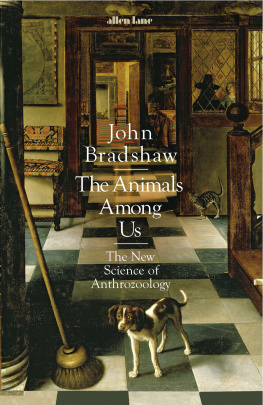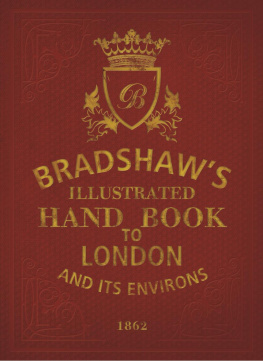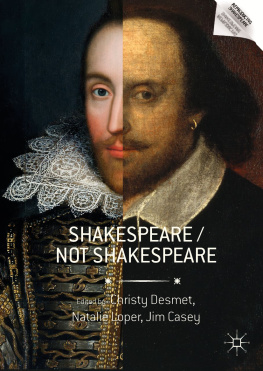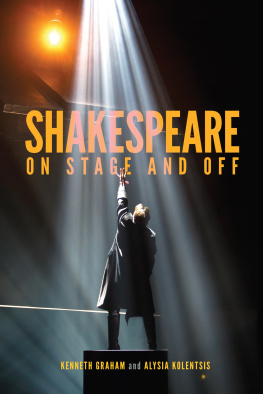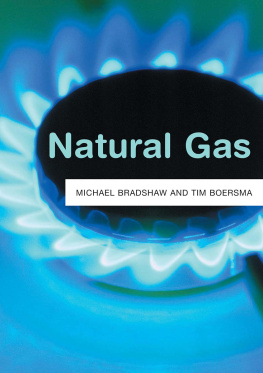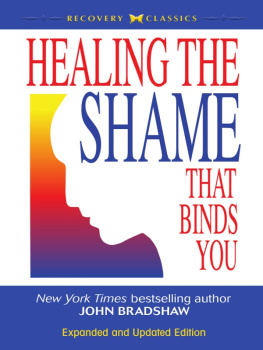Acknowledgments
Much of this book was written at the National Humanities Center in North Carolina, where what seemed like the happiest and most productive year of my academic life passed all too quickly. I am most grateful to the staff and librarians of that magnificent institution, and to the various NHC Fellows, among them Mark Turner, Stan Chojnicki, Mel Richter, and Dick Lewis, who contributed more to this book than they realized. As ever, the University of St. Andrews was generous in providing leave and assistance. I also thank the British Academy and the Carnegie Trust for help at various times.
Some material in this book first appeared, usually in a very different form, in English Studies, Poetica, Meridian, the Times Literary Supplement, the Age Monthly Review, and the London Review of Books; I am grateful to the editors of these journals for permission to recycle and rework or restore this material.
I thank the British Council and Kyoto University for inviting me to Japan to lecture on some of the topics treated in this book; the discussions that followed were especially helpful when I was making the final revisions. I also thank the readers for Cornell University Press for sending reports that were helpfully detailed and encouraging; Carol Betsch and Valerie Haskins for their patient, instructive editing; and the University of Queensland for (yet again) providing hospitality, in the summer of 1992 when I was finishing this book.
-ix-
I am especially grateful to Tony Nuttall for going through a lengthy first draft of this book and of a companion volume on Donne and Jonson (which may yet appear), and for offering numerous helpful suggestions. All the other friends and colleagues who have helped, in ways I could never properly acknowledge here, know who they are and, I hope, know how grateful I am.
Finally, some special words of thanks to Stephen Greenblatt, whose readings of Shakespeare I criticize at great length in this book. I admire Greenblatt but love Shakespeare, and think that new historicist readings--even his--diminish the plays; at the same time I find his conception of "cultural poetics" profoundly helpful, above all because it seems to me at odds with the estranging effect of those readings. Some of these points were also developed in a lecture at Berkeley which Greenblatt, very characteristically, took some trouble to arrange. That welcoming response to an attempt at critical dialogue was especially encouraging, and exemplary; I can only hope that this book lives up to it.
G. B.
-x-
A Note on the Text
I have quoted from the First Folio, while giving act, scene, and line references from The Riverside Shakespeare, ed. G. Blakemore Evans et al., 2 vols. ( Boston: Houghton Mifflin, 1974); I substitute the modern u, v, and s in all cases. Apart from correcting undisputed misprints, adjusting the Folio lineation, and noting some significant Quarto variants in square brackets, I have very occasionally modernized a Folio spelling that might mislead or baffle readers who always read Shakespeare in modernized editions.
The opposed view, that it is more considerate to use a good modernized edition, is often put by critics who would never dream of quoting Donne, Jonson, or Milton in a modernized text; the arguments on either side tend to rationalize established preferences or vested interests. It is true that we cannot know when the Folio spelling and punctuation is Shakespeare's, but we can be sure that a modernized edition is not. My appendix, "Dashing Othello's Spirits," suggests some positive reasons for my own preference, but the strongest reason may well be negative: I dislike reading Shakespeare in modernized texts because I am distracted by the sense that what I am reading could never have been written at any time. It isn't Shakespeare's English, and it isn't modern English; you know not where to have it. This evidently doesn't trouble many critics whose scholarly knowledge of textual and linguistic matters far surpasses my own, and may not

